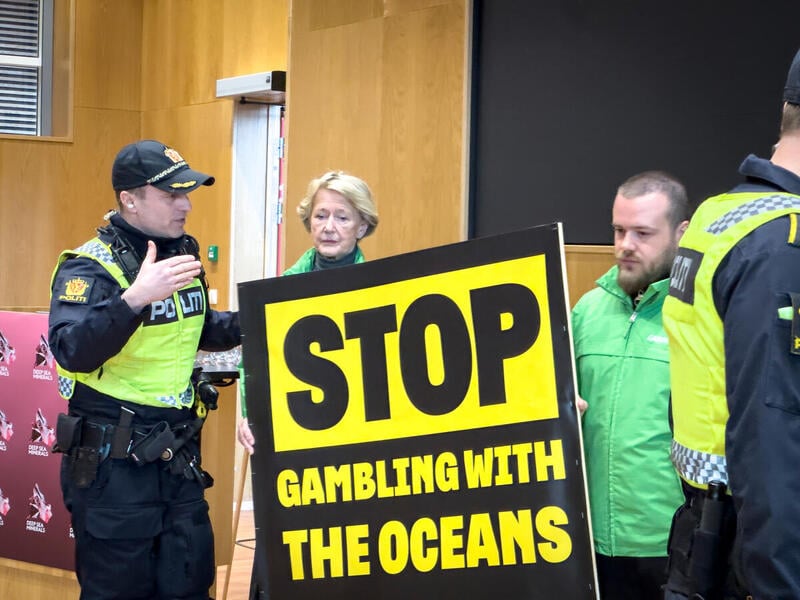Amy Wang, Ph.D., strives to foster a sense of community among researchers working to understand the environment’s effects on health. As president of the Genetics and Environmental Mutagenesis Society (GEMS) of North Carolina, she is gathering scholars across public and private organizations and at different career stages to encourage communication and collaboration.
“It’s not just a place for science,” said Wang, a health scientist in the NIEHS Division of Translational Toxicology (DTT). “It’s a network where you can get involved in something outside your research focus, generate new ideas, and make connections with people from all parts of the state.”
The society’s spring symposium in Research Triangle Park, N.C., May 28, reflected that vision.
“We had early-career students and veteran scientists sitting together to discuss the changing landscape of science, as well as developing opportunities,” Wang said. “The event showcased how a small organization can help prepare scientists to make a difference.”
In-person revitalization
Scientists in Research Triangle Park established GEMS in 1982 as a venue to discuss the environment-health connection, share novel advances on genetic-related research, encourage communication and collaboration, and support the development of early-career scientists.
Opportunities to pursue these goals became limited as meetings moved to a virtual format in 2020. When Wang became president-elect of the society in 2024, she headed efforts to rekindle interest, revitalize participation, and return to a twice-yearly, in-person symposium.
After hosting a well-received 2024 fall meeting that emphasized the organization’s scientific mission, Wang and GEMS board members developed a spring symposium focused on professional development for recent graduates and mid-career professionals.
“We invited speakers with a variety of experiences to demonstrate that there are many paths to success,” said Stephen Ferguson, Ph.D., a team leader in the DTT Mechanistic Toxicology Branch and the 2025 GEMS president-elect.
Offering career advice
Symposium presenters, many with ties to NIEHS, offered insights based on their personal experiences.
Capt. Mark Miller, Ph.D., of the National Center for Advancing Translational Sciences (NCATS) and U.S. Public Health Service, stressed the significance of a rapidly evolving workplace.
“Jobs that didn’t exist five years ago will be a priority five years from now,” said Miller. “You need to be open to and ready for new ideas and opportunities when they arise.”
Miller is the deputy scientific director at NCATS and formerly served as chief of staff and director of scientific research management at NIEHS.
Neepa Choksi, Ph.D., a toxicologist with ToxStrategies and former NIEHS fellow, described a growing demand for scientific knowledge in a wide range of organizations and industries, and encouraged job seekers to expand their scope to include new possibilities.
“Now, more than ever, you need to appreciate that your degree gives you skills that are very translatable to other areas,” she said.

Discussions during the session also emphasized the importance of strong communication and networking skills in employment success and career development.
“At its core, networking is about seeking a genuine connection with others,” said Tammy Collins, Ph.D., of the Burroughs Wellcome Fund and former director of the NIEHS Office of Fellows’ Career Development. “The size and value of your network is proportional to the amount of effort you put into building and maintaining it.”
(Douglas Murphy, Ph.D., is a technical writer-editor in the NIEHS Office of Communications and Public Liaison.)
Source link
factor.niehs.nih.gov




